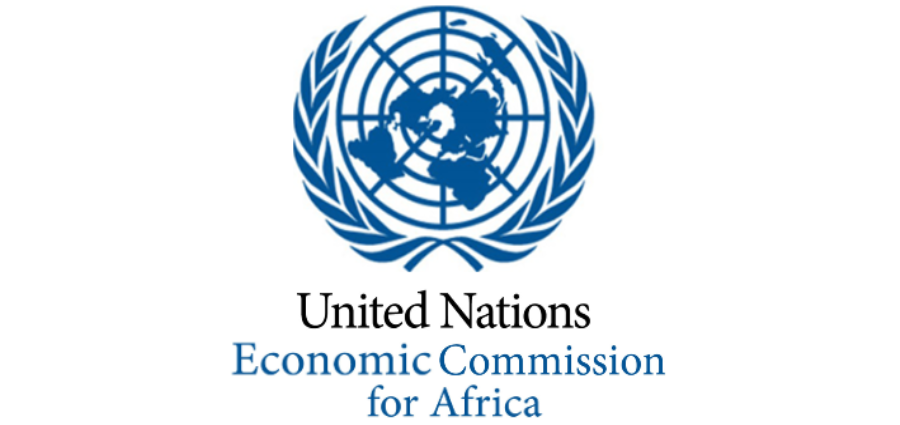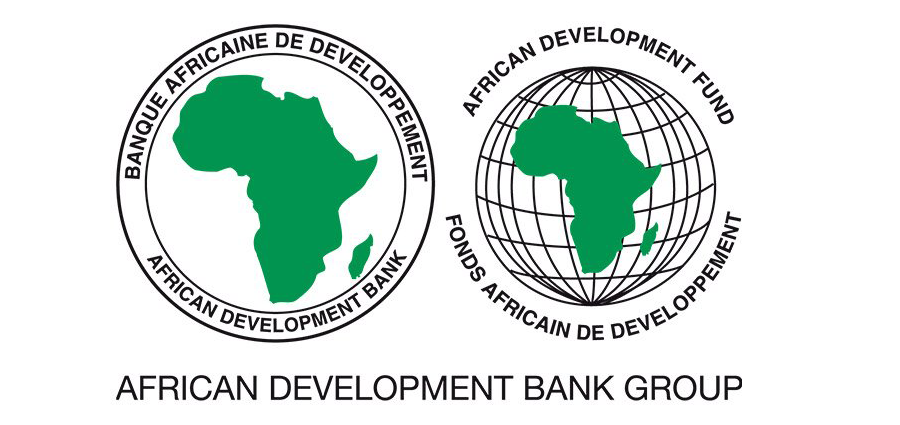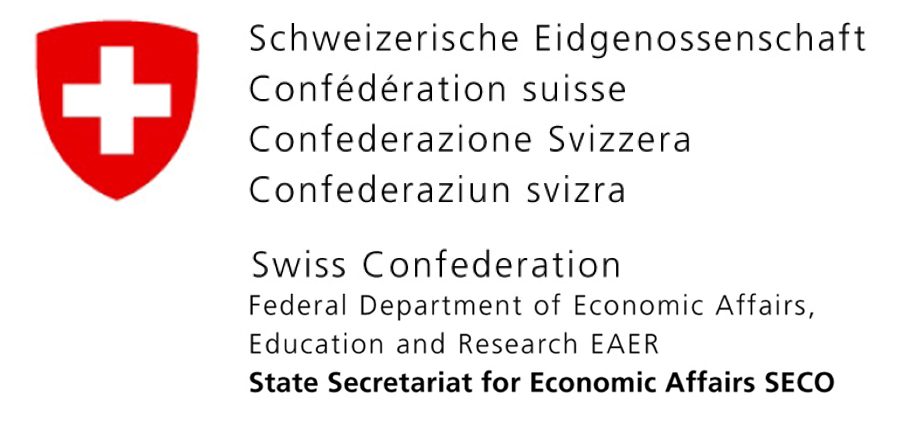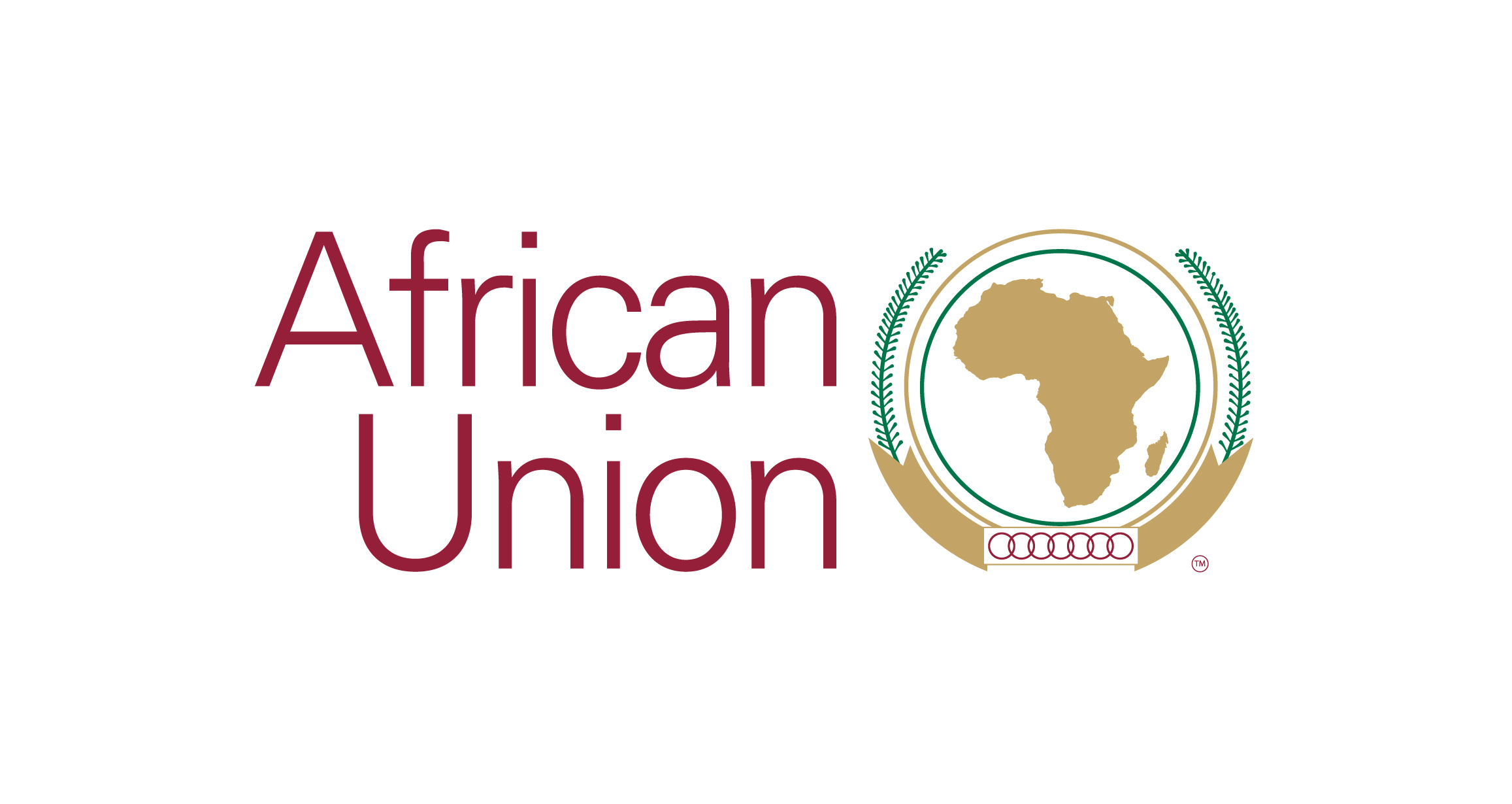Policies for Sustainable Accessibility and Mobility in Urban Areas of Nigeria - Policy & Strategy Paper
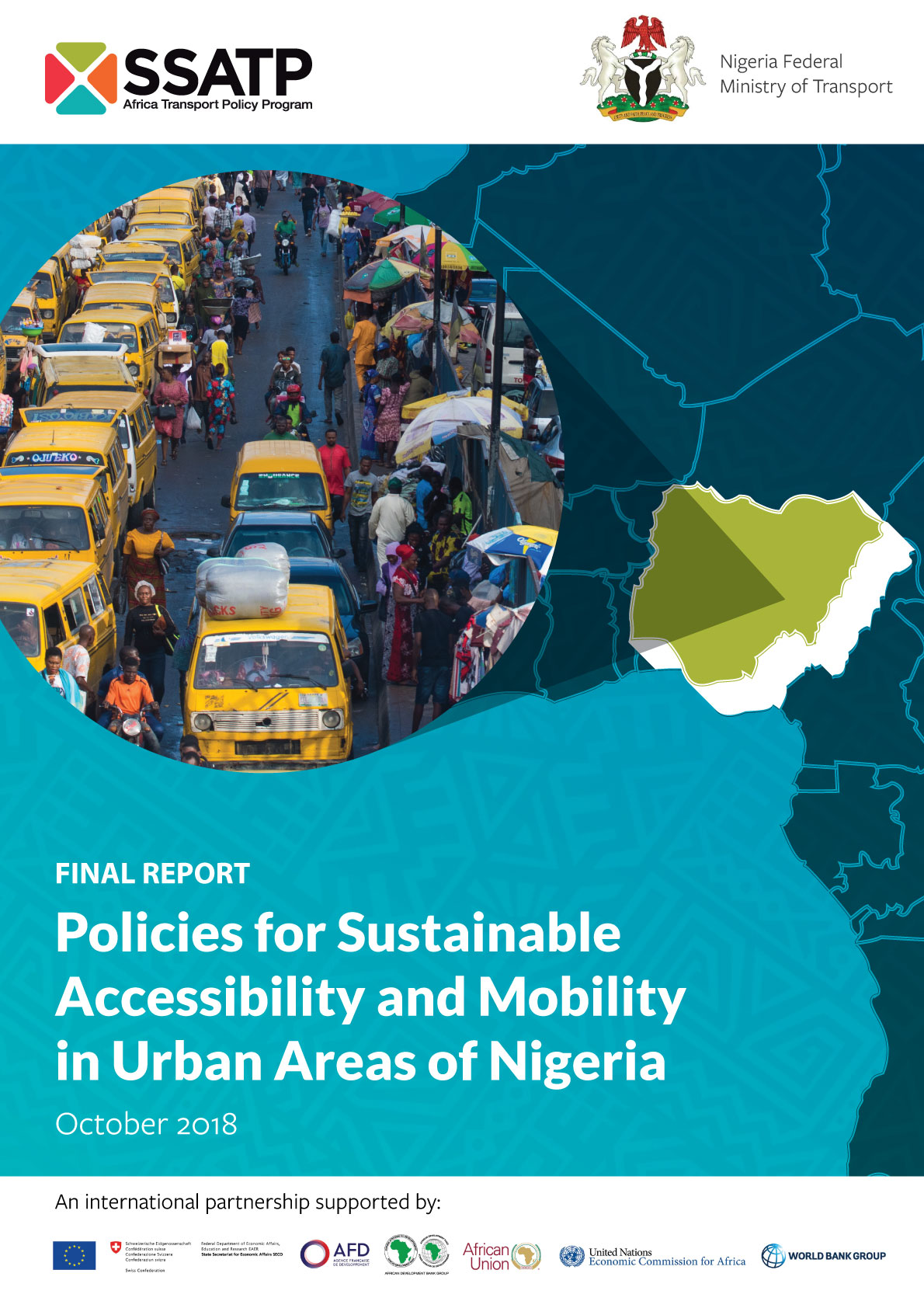
Within the framework of the urban transport and mobility pillar, the African Transport Policy Program (SSATP) launched an activity to support eight pilot countries (Ivory Coast, Ethiopia, Guinea, Ghana, Kenya, Nigeria, Rwanda, and Senegal) in the development of policies to improve accessibility and mobility in urban areas of Africa. Six thematic areas were considered as priorities:
- Strengthening the institutional framework for urban transport management
- Creating funding sources dedicated to the management of urban transport
- Promoting the effective participation of civil society in urban transport management
- Improving multi-modal planning and operation of city centers
- Improving the performance of public transport (in particular the reform of paratransit services)
- Organizing and implementing Federal Government assistance for the management of urban transport in secondary cities.
This report has been prepared in close partnership with the Nigeria Federal Ministry of Transportation (Lead Agency). The study team worked very closely with the Lead Agency to identify the relevant key stakeholders and to assess the situation on the ground and establish a baseline of the key issues in urban access and mobility in Nigeria. This was key to identifying priority areas for policy recommendations to assist in the development of visions and action plans for the country for improvement of urban access and mobility in the context of urban development
Interviews, workshops and focus group meetings were conducted at both the national and the local level, and the Consultant travelled to two secondary cities (Abuja and Uyo) to meet county officials. The first field mission allowed the Consultant to gather additional data and documentation, as well as to observe the field for analysis. The main findings of the missions were subsequently presented to the Steering Committee for validation.
The report first presents main findings of a diagnostic for each of the six above priority areas: Urban transport management in Nigeria suffers from coordination challenges as the country’s three-tier federal-state-local system multiplies the number of stakeholders with differing institutional capacities. It explores private sector involvement in service provision and public transport performance, including the role of paratransit. It looks at cross sector issues relating to the environment, such as the climate impact of urban mobility and the effects of low quality fuels; looks at concerns around general road safety; the dynamics of informality and its relationship to social inclusion; the gender dimension to urban transport and the potential disruptive impact of new information technologies.

